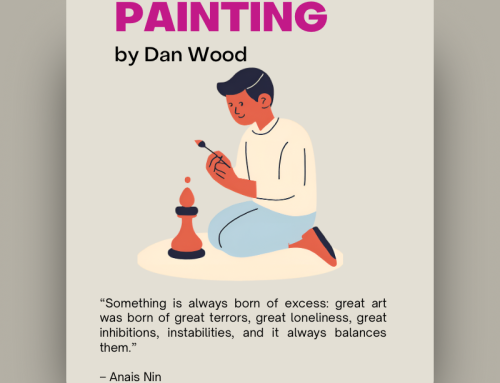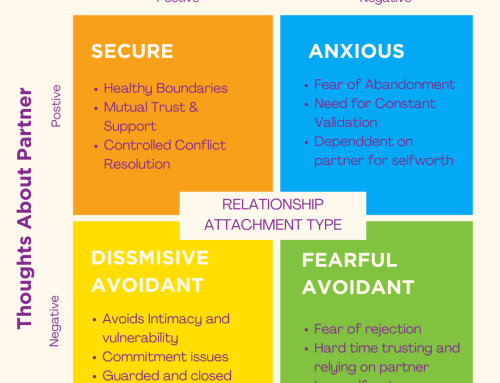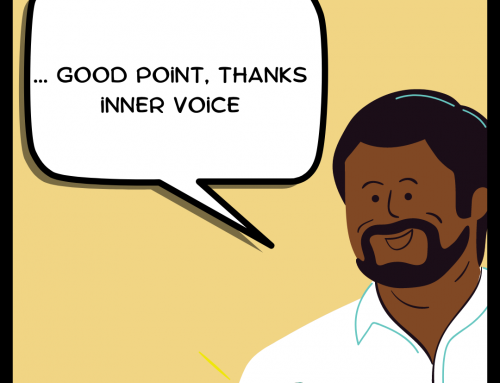How bullying at school has changed
At the AoC, we’ve recently seen a steep increase in mental health referrals for children experiencing bullying. And bullying can have a detrimental impact on the child as they grow up.
How has bullying at school changed?
Bullying has existed since schools came into existence, but how students are bullied has changed. Whereas bullying may have been verbal (name calling and demeaning comments) or physical bullying (assault), it often ended when the child got home. And although that is unacceptable on its own – it’s now far worse.
Unfortunately, technology has led to bullying extending into a child’s homes via their mobile phone and gaming platforms. It can feel like there is no escape, and peer pressure confuses how children identify and feel they should deal with bullying.
A child can be bullied via social media, WhatsApp, Snapchat, text messages, and gaming platforms. It’s essential to regularly monitor suitability and communication with your child on these devices and platforms.
“Nothing is speaking.” Making a child feel invisible and worthless is as damaging as name-calling on social media and WhatsApp.
Bullying now hides behind words like ‘banter’, an excuse for bullying when mean is mean. Educating your child about banter can help them to identify what’s okay and not okay. If it feels wrong – it probably is bad.
As a parent, you might feel helpless, and it might impact your life. By knowing what bullying looks like, what is illegal, how to work with schools, and help your child – we hope you feel empowered to get things back on track – you’ve got this.
Statistics on bullying in the UK
According to the Office for National Statistics in the UK, 1 in 5 are bullied.
- Around one in five children aged 10 to 15 years in England and Wales (19%) experienced at least one type of online bullying behaviour in the year ending March 2020, equivalent to 764,000 children.
- More than half (52%) of those children who experienced online bullying behaviours1 said they would not describe these behaviours as bullying, and one in four (26%) did not report their experiences to anyone.
- Being called names, sworn at or insulted and having nasty messages about them sent to them were the two most common online bullying behaviour types experienced by 10% of all children aged 10 to 15 years.
- Nearly three out of four children (72%) who had experienced online bullying behaviour experienced at least some of it at school or during school time.
Is bullying illegal?
Some forms of bullying, such as violence or assault, theft, repeated harassment or intimidation (abusive phone calls, emails, or texts, and hate crimes), are illegal.
You can view the government’s policy on anti-bullying here.
It’s also true that each school must have a behavioural policy. Often the bully has concerns within their life that need to be supported and addressed to stop behaviour alongside consequences for their actions.
How to stop bullying
Firstly, all bullying is unacceptable. Don’t justify it to yourself or let others justify it to you.
We must understand what is acceptable and unacceptable as a person – especially a child. Having an open conversation about what friendship looks and doesn’t look like can help children of all ages understand.
A child needs to feel listened to first and believed. Saying, “thank you for sharing, and acknowledging how bad it must feel”, is a great first step.
As a parent, discuss options to deal with bullying with the child before approaching the school. The child will need reassurance that this process won’t make things worse – and reporting bullying isn’t being a ‘snitch (telling tales)’ – it’s not okay, is important.
It’s not advisable to approach the other child about bullying yourself – let the school or the police do this on your behalf.
By working with the school, you can not only work to stop the bully but also monitor a child’s mental health in school. It’s important for the school to know they aren’t okay to keep them safe.
Supporting a bullied child
The AoC works in schools as qualified therapeutic clinicians to help children, and we can also work with children privately (outside of school). In our sessions, we work through bullying and any feelings associated with their experience – helping them to regain their confidence.
Call 01384 211168 or email support@theaoc.org.uk to discuss therapy for your child.





